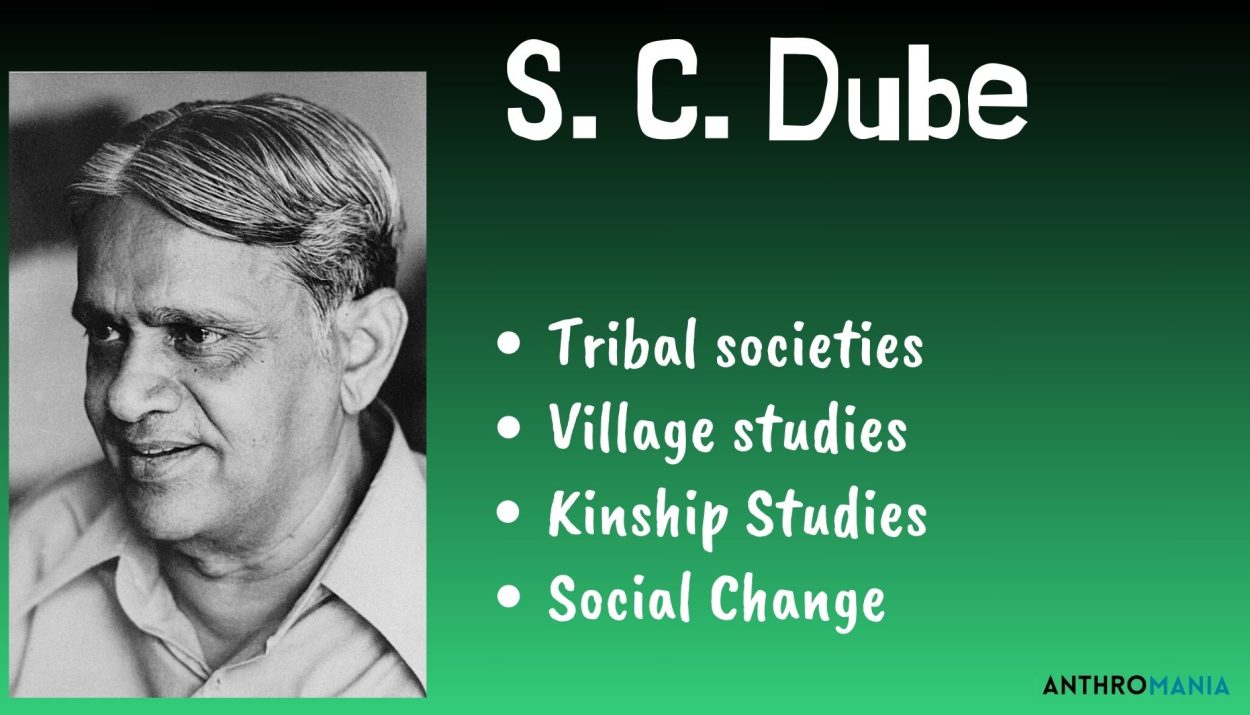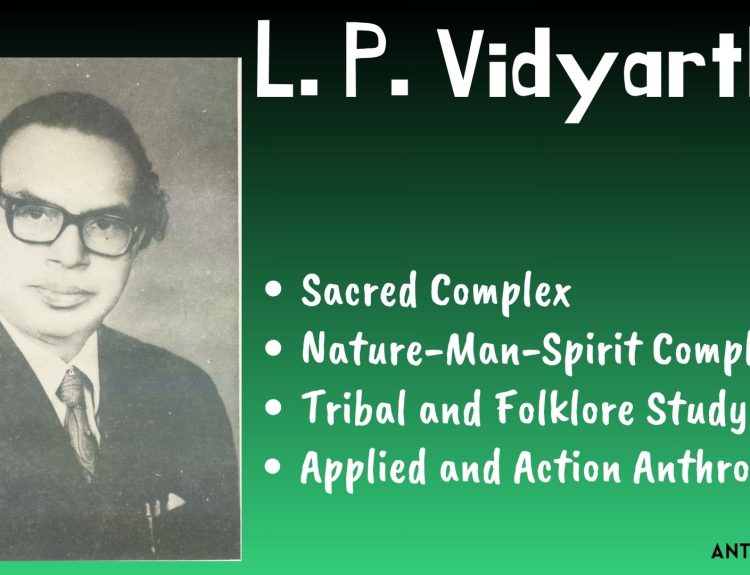In the realm of anthropology, there are luminaries whose work has left an indelible mark on the field. S.C. Dube, a distinguished anthropologist, is one such figure whose contributions have significantly enriched the discipline. In this article, we delve into the life and S.C. Dube’s contributions, shedding light on his research, theories, and the lasting legacy he has left in the world of anthropology and cultural studies.
Dube’s influence extended beyond anthropology into the realm of cultural studies. His interdisciplinary approach to understanding societies resonated with scholars from various fields. He was a proponent of holistic cultural analysis, emphasizing the interconnectedness of various cultural elements. His research was not confined to academic ivory towers; he actively engaged with the communities he studied, demonstrating a commitment to applied anthropology.
Early Life and Academic Journey
S.C. Dube, also known as Shyama Charan Dube, was born on July 25, 1922, in Narsinghpur, Madhya Pradesh. He passed away at the age of 73 on February 4, 1996, leaving behind a legacy as a renowned scholar. He earned his Master’s degree in Political Science from Nagpur University and conducted research among the Kamar tribe in Madhya Pradesh for his PhD. His distinguished career in social anthropology and sociology led him to teach at various universities in India and abroad.
His association with the Anthropology department at Lucknow University, under the dynamic leadership of D. N. Majumdar, played a pivotal role in shaping his future vision and contributions to community development initiatives.
Additionally, he held the position of Deputy Director at the Anthropological Survey of India in Nagpur and assumed leadership roles at the Indian Institute of Advanced Studies in Shimla, the Indian Sociological Society, and Jammu University. He made significant contributions to UNESCO and UNO and served as the Chairman of the Madhya Pradesh University Grants Commission.
Tribal societies and Village studies
S.C. Dube’s academic contributions spanned various aspects of anthropology and sociology, with a significant focus on tribal societies and village studies. For his doctoral research, he delved into the study of the Kamar tribe, a Scheduled Tribe in Madhya Pradesh, culminating in his 1951 book dedicated to this middle Indian tribe.
One of his pivotal works, published in 1955, centred on the Indian Village, with a notable exploration conducted in Shamirpet, a village approximately 25 miles from Hyderabad. Dube’s research in this area advanced the understanding of Indian society, highlighting the critical role of comprehending rural communities to grasp broader social and cultural dynamics. Through extensive fieldwork in Indian villages, he shed light on the intricacies of rural life and the impact of modernization on traditional societies, underpinned by a structural-functionalist approach.
Kinship Studies
One of Dube’s notable contributions to anthropology was his work on kinship systems. He conducted extensive research on the kinship structures and social organizations of various Indian communities. His meticulous ethnographic studies provided valuable insights into the complexities of kinship relationships in different cultural contexts.
Read- Anthropology of Kinship
Theories on Social Change
He firmly embraced the idea of Social Change, considering it an essential aspect of any social system. He recognized and valued the semi-autonomous nature of Indian villages, dispelling the notion of them being static and unchanging. Instead, he saw each village as uniquely constructed, making it challenging to represent an entire rural India with a single rural entity. This theory had a significant influence on the study of social change and mobility in India.
Lasting Legacy and works
S.C. Dube’s work has had a lasting impact on the field of anthropology. His writings continue to be a valuable resource for scholars and students alike. His legacy is not only in the form of academic contributions but also in the inspiration he provides to future generations of anthropologists.
S.C. Dube’s notable works include:
- “Field Songs of Chhattisgarh” (1947)
- “The Kamar” (1951)
- “Indian Village” (1955), recognized as India’s inaugural anthropological village monograph. This groundbreaking study was conducted in the village of Shamirpet.
- “India’s Changing Villages: Human Factors in Community Development” (1958).
- “Institution Building for Community Development” (1968).
- “Contemporary India and Its Modernization” (1974).
- “Antiquity to Modernity in Tribal India” (1998)
In conclusion, S.C. Dube’s dedication to understanding human societies and cultures, his pioneering research, and his influential theories have solidified his place as a prominent figure in the world of anthropology. His work serves as a testament to the power of anthropology in unravelling the complexities of human existence.







